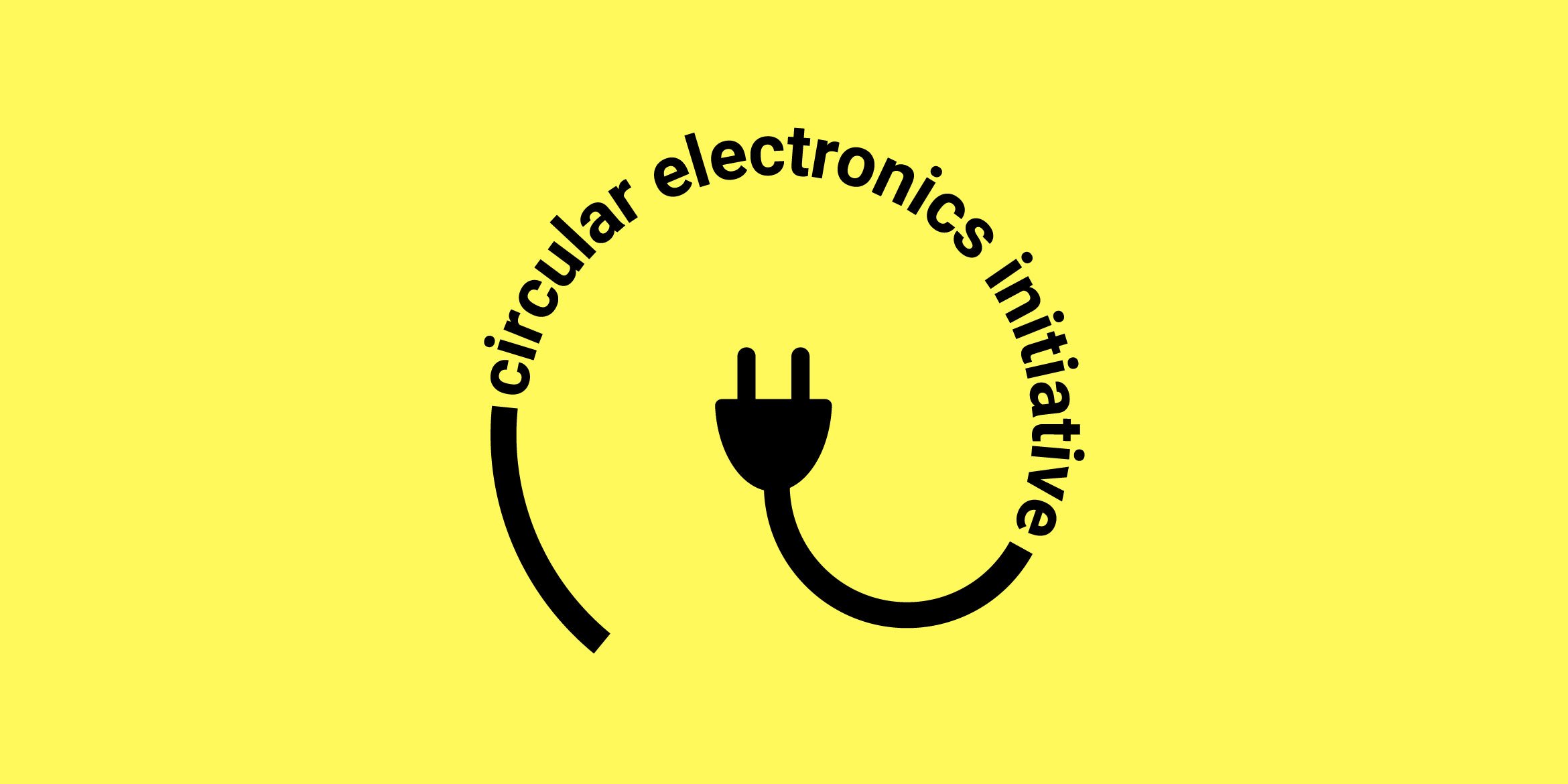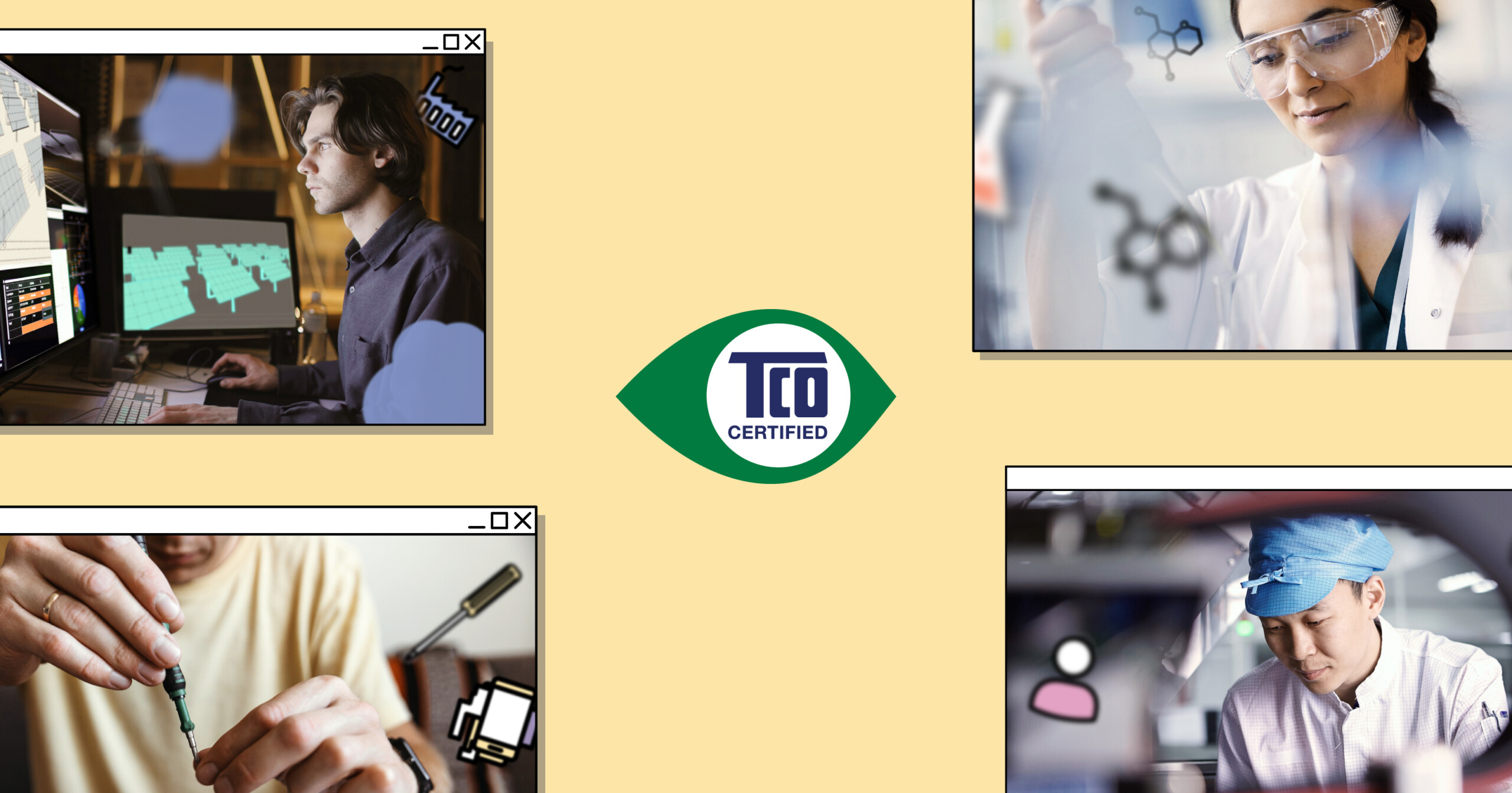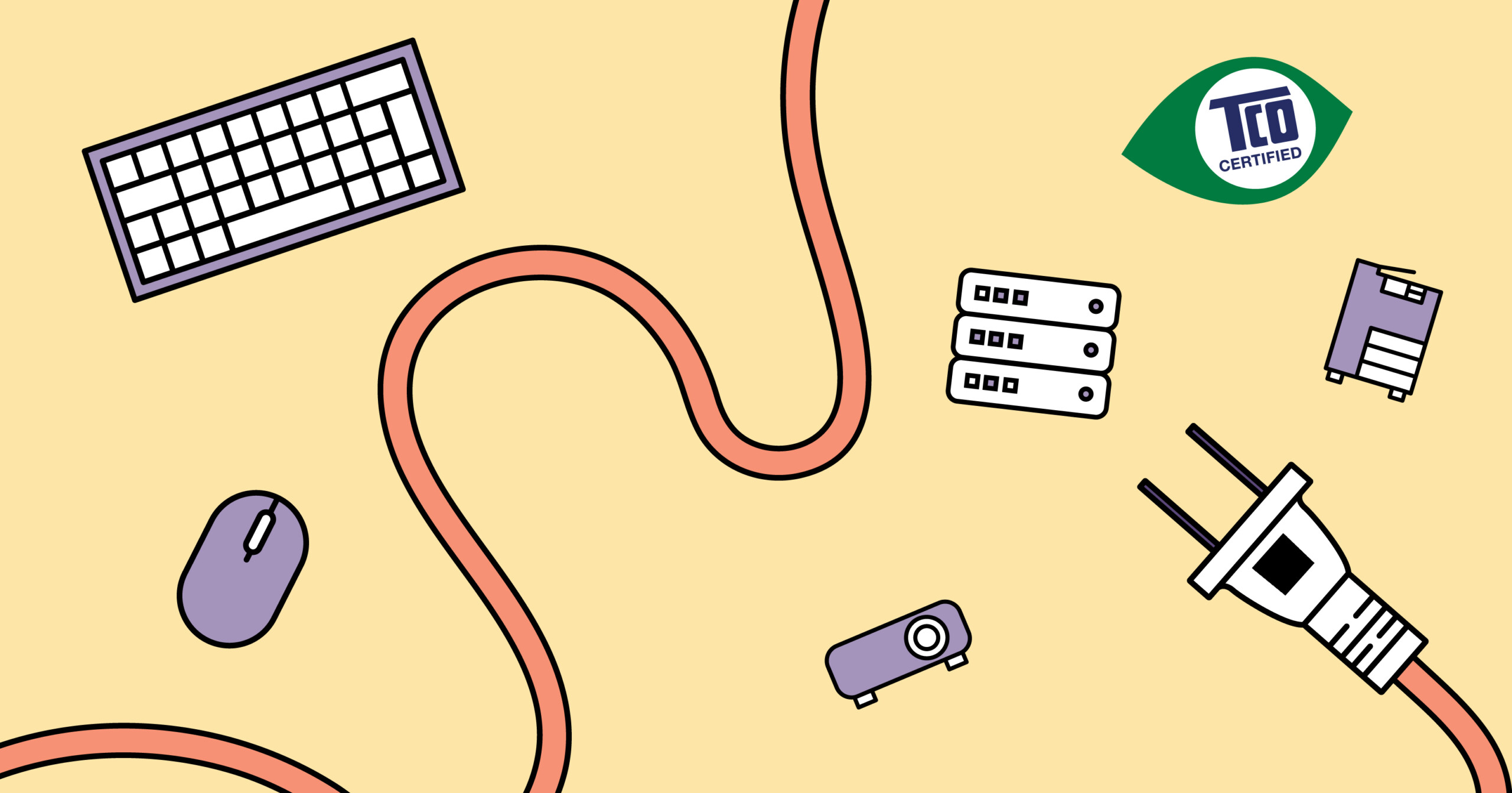More than 20 organizations have come together in a global initiative to tackle the social and environmental problems of electronics. The Circular Electronics Initiative aims to encourage organizations and consumers to take a more responsible approach to the electronic goods they use. One core activity of the initiative is the annual event #CircularElectronicsDay.
“ #CircularElectronicsDay has now been running for a few years and has attracted a lot of attention, and we feel that more can be done. This is not an issue just one day of the year but something we should continue to talk about. That is why we have now formed this initiative”, explains Andreas Nobell, Development Manager at TCO Development, one of the founding organizations.
The current, linear way of producing and consuming products is ruining fragile ecosystems, causing the loss of valuable natural resources and critical raw materials. In a circular economy, resources are handled more responsibly. The goal of the Circular Electronics Initiative is to create awareness around the need for a longer life for electronic products and greater recirculation of all materials while minimising waste.
“The resources on our planet are finite, and we need to take responsibility. The initiative is all about helping buyers and consumers to do this – to take a more responsible approach to the electronics they use.No one can do everything. But everyone can do something. The Circular Electronics Initiative has gathered some concrete things you can do to contribute to the transition to make IT more circular and sustainable ”, continues Andreas Nobell.
Check-list for more circular and sustainable management of IT:
“As almost 80 percent of carbon emissions of a laptop occur in the manufacturing phase, extending product life will clearly lead to lower average annual emissions. Adding two years to product life reduces emissions by as much as 30 percent. As you can see, circular approaches have a real impact on the environment”, Andreas Nobell highlights.
To help consumers and buyers, the organizations behind the initiative have developed the quiz “Quiz: what do you know about circularity and electronics?”
“The quiz is an easy way to get the conversation going about circular electronics. It creates awareness about the challenges we face concerning electronics production and consumption. Let’s all join the conversation!” concludes Andreas Nobell.
All electronics come with many social and environmental challenges
Conflict minerals also referred to as 3TG, used in IT products are known to fuel wars and human rights abuses. Unsafe mining methods lead to severe health problems for workers and environmental degradation in the communities where they live.
Hazardous substances found in electronics and used in the production of electronics present a wide variety of human health and environmental risks. Throughout the life cycle, products release dioxins, halogens and other toxicants, which often persist in the natural environment and the human body.
Social responsible manufacturing is a continuing challenge throughout the IT supply chain. From raw materials extraction to final assembly, working hours, health and safety and forced labor are examples of industry-wide issues.
Fifty million metric tonnes of e-waste is generated every year, equalling the weight of nearly 4,500 Eiffel towers. Much of it is incinerated or placed in landfills, causing pollution, human health hazards and the loss of valuable finite resources.
About Circular Electronics Initiative
The Circular Electronics Initiative aims to encourage organizations and consumers to take a more responsible approach to the electronic goods they use. The initiative drives communication activities, including #CircularElectronicsDay. The organizations behind the initiative are 3stepIT, Advania, Aliter Networks, ATEA, Blocket, Chalmers Industriteknik, Circular Computing, Cistor, Closing the Loop, Dell, Dustin, ETIRA, European Remanufacturing Council, GIAB, Inrego, International Institute for Industrial Environmental Economics, IVL Swedish Environmental Institute, Lenovo, Recipo, Smithereens, TCO Development, and Tradera.
Together toward sustainable IT
TCO Certified is the global sustainability certification for IT products, empowering both IT buyers and brands to make more responsible choices. Our comprehensive criteria are designed to drive social and environmental responsibility and are updated continuously to push sustainability where it matters most. Compliance with all criteria is always independently verified for every product. Our Roadmap for Sustainable IT is the long-term plan for addressing issues in four key areas: climate, substances, circularity and supply chain. By using TCO Certified, you join a global movement for sustainable IT.
Contact
Dennis Svärd, Global PR Manager
dennis.svard@tcodevelopment.com
Mobile: +46 (0) 704 804 094



